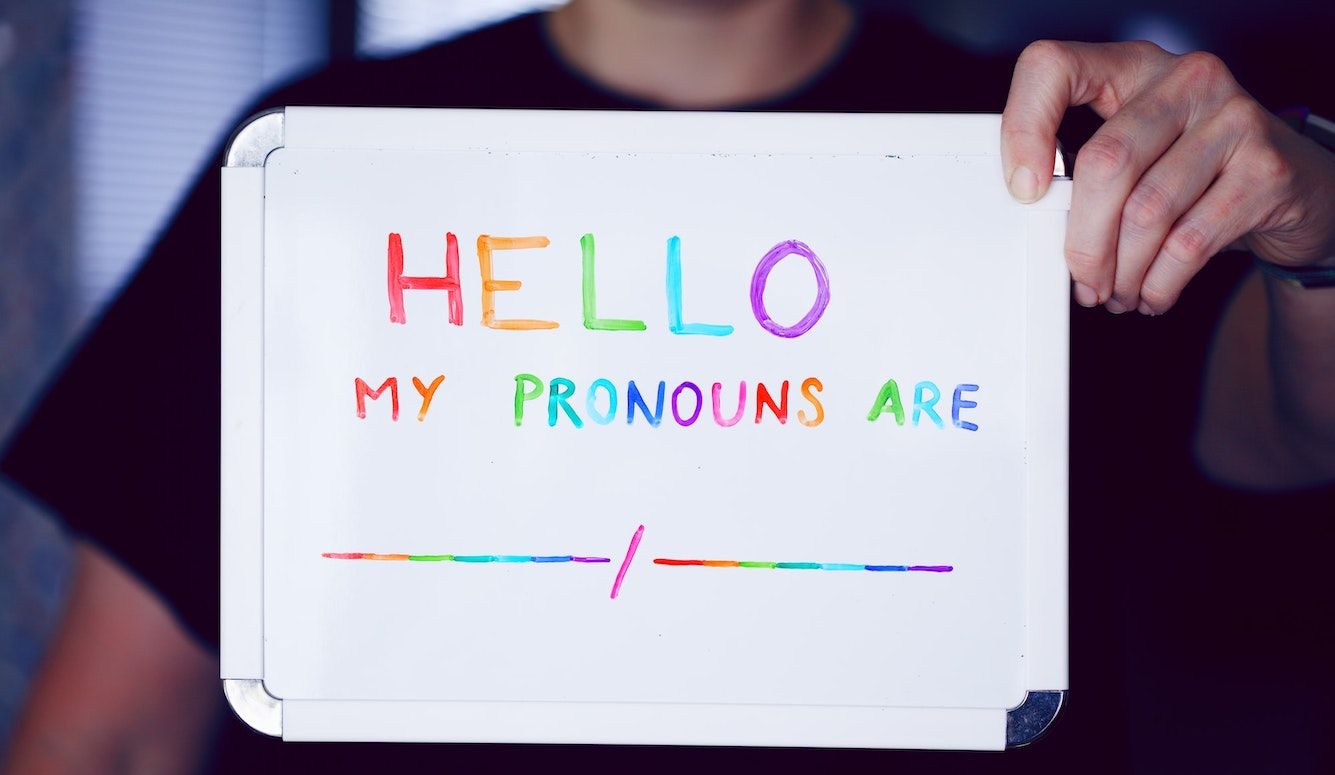Quillette Cetera
A Public Servant Stood Up for Sex-Based Rights at a Gender Workshop—And Paid the Price
In a recorded DEI session on ‘Trans Inclusion,’ activist Adrienne Smith told the dissenting staff member, ‘I’m past the point of seeking a respectful debate.’

If you’re a white-collar Canadian, chances are good that you’ve received workplace lectures on the subject of “decolonization”—a vaguely defined project aimed at “deconstructing colonial ideologies of the superiority and privilege of Western thought.” It’s a decidedly cultish pedagogical genre that I’ve come to know well, because exasperated workers often send me screenshots and recordings from their training sessions. Since raising complaints about these materials internally would risk career-threatening accusations of “white fragility” and such, leaking them to journalists is seen by many employees as the only viable option.
I just got sent the 136 pages (!!!) of slides for the "decolonization" training at a B.C. government office. Let's take a look, shall we?
— Jonathan Kay (@jonkay) August 19, 2022
It starts with the two instructors "acknowledging [their] positionality and power" … pic.twitter.com/YD0088ybo7
One notable specimen I received last year was a 136-page module titled Introduction to Decolonization, which had been presented earlier that year by the Hummingbirds Rising consultancy to staff at British Columbia’s Office of the Ombudsperson (an entity self-described as “B.C.’s independent voice for fairness and accountability, [working] to make sure public sector organizations are treating people fairly and following the rules”). The roughly 100 attendees were told by the trainers that this would be a “brave space,” in which those who had concerns about decolonization could “be bold and brave [with their] questions and comments.” (According to a Deputy Ombudsperson, attendance at the organization’s all-staff Diversity & Inclusion events is typically listed as optional. In practice, staff told me, almost everyone feels that they are expected to attend.)
Much of the historical material presented in that session was perfectly accurate—including descriptions of the injustices associated with Canada’s system of Indigenous reserves. But as the presentation wore on, the content began to raise eyebrows. A section on economics declared flatly that capitalism is a “virus” composed of “systems that oppress.” A capsule lesson on spirituality presented Western values as inherently narcissistic, in contradistinction to Indigenous peoples’ quest for universal harmony. An array of listed terms that the presenters evidently associate with “white supremacy” included “being on time,” “manners,” and “perfectionism.” Most scandalously (as it would turn out), one slide indicated that the Nazi slaughter of six million European Jews had been directly inspired by the Canadian Constitution. Even more bizarrely, the slide was illustrated with a screen grab from an episode of Mr. Bean, a madcap 1990s-era British comedy show.





